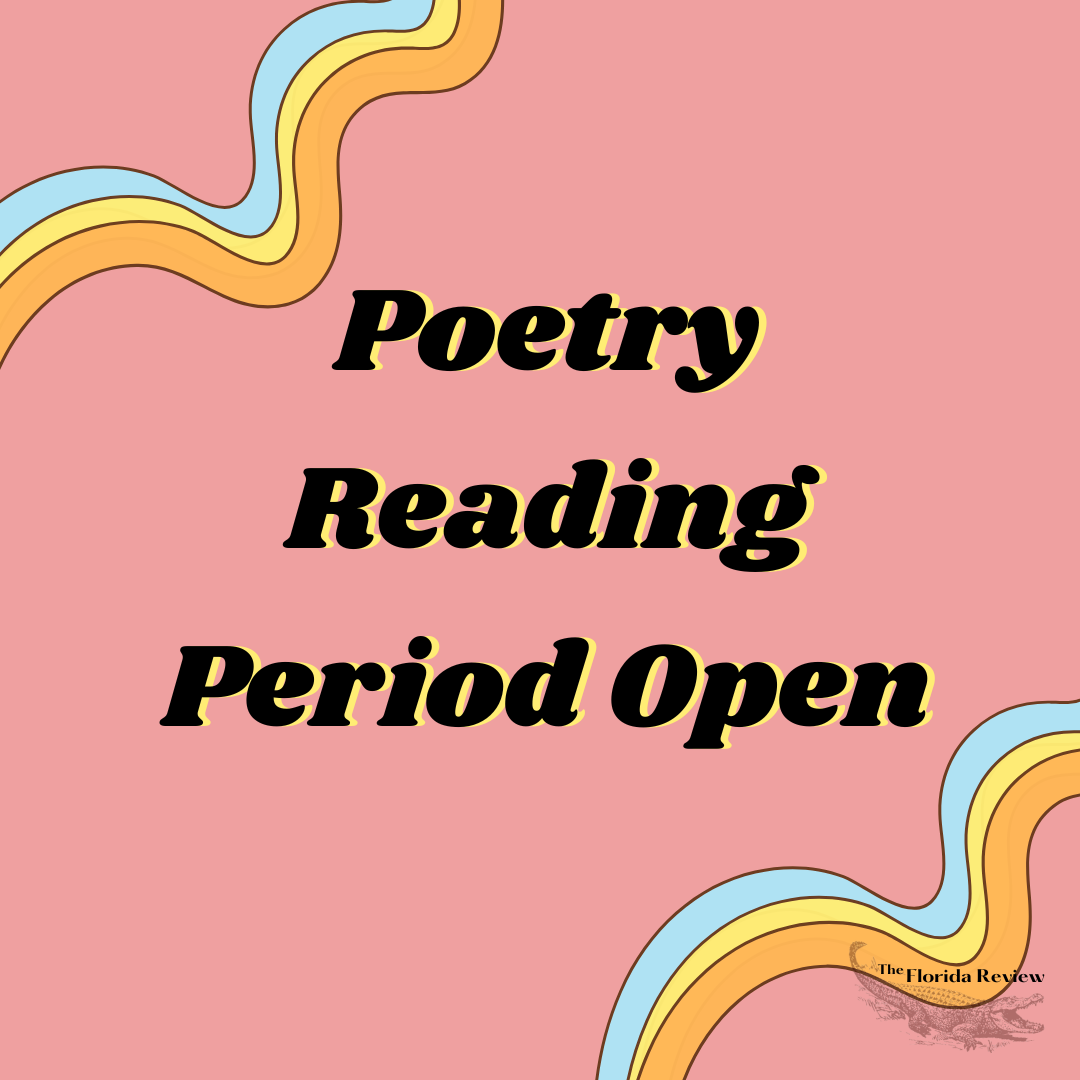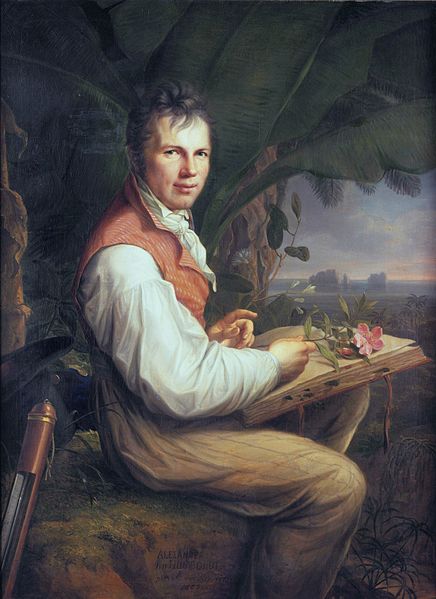Winner of the 2021 Humboldt Poetry Prize; originally published in TFR 44.2
On this day that in my childhood we celebrated Christmas
I found myself this year on the Gulf of Mexico
with the sea gone as leaden as clay. It seemed to heave
with an inner dislike—at least from where I stood, three stories up
from the beach, a few expensive yards in
from the sand, the humid spray blocked
by the floor-to-ceiling windows,
and the barely moving palms. I was making
a dinner from my childhood. An egg batter you poured
in hot oil and closed inside the oven for a full
twenty minutes till inflated to crisp gold,
plus a wad of beef crosshatched and pressed with flour and salt.
As it cooked, I read my son the story of Midas, how
he wanted the idea of everything, and the lesson was
that everything was dangerous. Darwin wrote that late
in life he’d lost his taste for poetry, for the fat copy of Milton
he was said to take with him on that first trip, still particular
for all the living parts of earth and mind. The couch
I sat on thinking this was as long as the yachts
we’d seen that day at the marina. In their moorings
they were lined so tight and tidily they hardly bobbed, each the same
synthetic just-washed white and dark blue lettering.
We looked at all their given names. We saw some people walk their dog,
step off their bleached wood deck, onto the plastic dock,
as their small thing scampered merrily into the nearby grass,
the people calling after, calling after. Our boys ran ahead.
What is it to live at this cushioned here and now, these privileged
boundaries where everything that could be said, remembered,
can yet still lie ill or unexpressed: the page I read about the girls
who shaved their teacher’s head and stabbed at it with scissors,
the ink they poured upon it, I was scared to tell my husband
how it haunted me, it followed me all day, such cruelty,
and then the nothingness of ocean and the light’s jewels rippling on it,
at least on these high days when the sun shines.
 We are delighted to announce our 2023 Editor’s Prize for Poetry Winner and Finalists! Congrats to: Caleb Parker, Bertha Crombet, Michael Weinstein, and Maggie Yang. All winners receive $1,000 and publication in The Florida Review 48.1, Spring, 2024.Our 2024 contest opens in January. Thank you for supporting The Florida Review!
We are delighted to announce our 2023 Editor’s Prize for Poetry Winner and Finalists! Congrats to: Caleb Parker, Bertha Crombet, Michael Weinstein, and Maggie Yang. All winners receive $1,000 and publication in The Florida Review 48.1, Spring, 2024.Our 2024 contest opens in January. Thank you for supporting The Florida Review!

 Rochelle Hurt
Rochelle Hurt Brandon Amico
Brandon Amico Blake Sanz
Blake Sanz